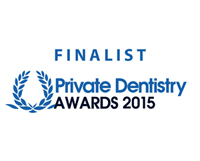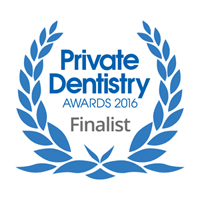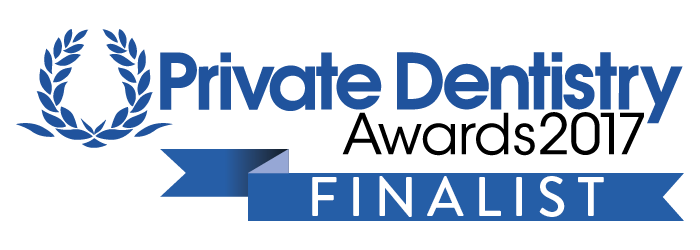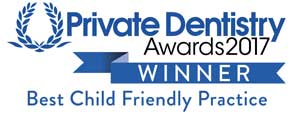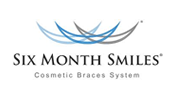
CALL NOW: 020 8673 7727
Blogs
Can I Use A Water Flosser?
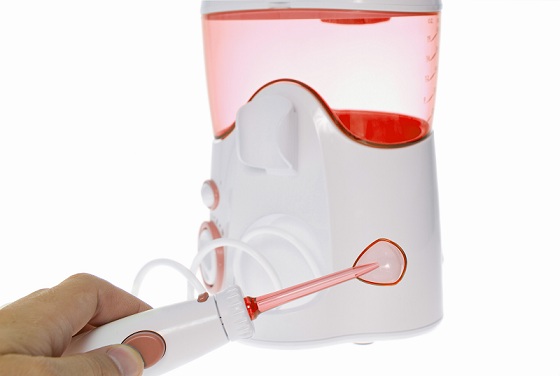 Do you find it difficult and tiring to use dental floss? You can use a water flosser to optimize oral health.
Do you find it difficult and tiring to use dental floss? You can use a water flosser to optimize oral health.
Key takeaways:
– The long term dental health benefits of flossing your teeth on a daily basis cannot be overemphasized.
– People who have dental work that poses challenges to dental floss will benefit from using a water flosser.
– A water flosser is the method of choice for people who wear braces or who find it hard to use dental floss.
And if dental floss doesn’t leave you smiling, a water flossing machine may just do the trick.
Read the full story here
Posted by adwords on 18th January 2017, under Oral Hygiene and Prevention
Dental Implants Will Give You Back Your Smile
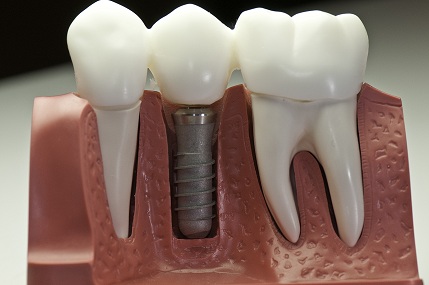 Dental implants are a good consideration when contemplating replacing missing teeth. They do not require removal such as when sleeping.
Dental implants are a good consideration when contemplating replacing missing teeth. They do not require removal such as when sleeping.
Key takeaways:
– Dental implants are one way of replacing missing teeth and getting back your smile.
– The single most important requirement for dental implants is to have a healthy jaw bone.
– Implants will benefit people of all ages and especially people who can no longer wear removable dentures.
According to the American Academy of Implant Dentistry, an implant acts as an anchor for a crown or a set of replacement teeth.
Read the full story here
Posted by adwords on 17th January 2017, under Oral Hygiene and Prevention
Flavorings In e-cigarettes Not Good For Gums
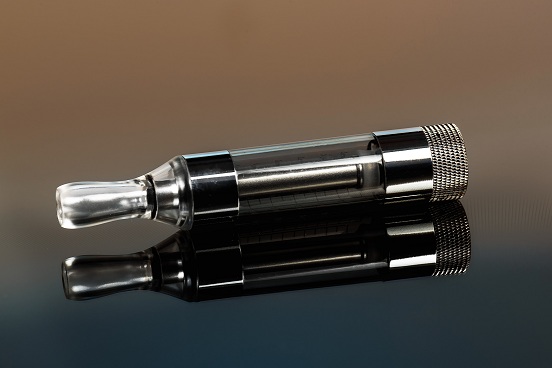 There should heightened efforts to bring to the awareness of the public the dangers of e-cigarettes. E-cigarette vapor has been found to affect gums and teeth.
There should heightened efforts to bring to the awareness of the public the dangers of e-cigarettes. E-cigarette vapor has been found to affect gums and teeth.
Key takeaways:
– E-cigarettes are not a healthier alternative to conventional cigarette smoking.
– Vapors from e-cigarettes cause the cells to release inflammatory proteins and may lead to oral diseases.
– The frequency and the amount of e-cigarettes smoked directly determine the level of damage to the gums and oral cavity.
The researchers also found that the flavoring chemicals used in e-cigarettes play a role in damaging cells in the mouth.
Read the full story here
https://consumer.healthday.com/cancer-information-5/electronic-cigarettes-970/e-cigarettes-not-good-to-gums-study-finds-716974.html
Posted by adwords on 16th January 2017, under Oral Hygiene and Prevention
How to Properly Floss Teeth
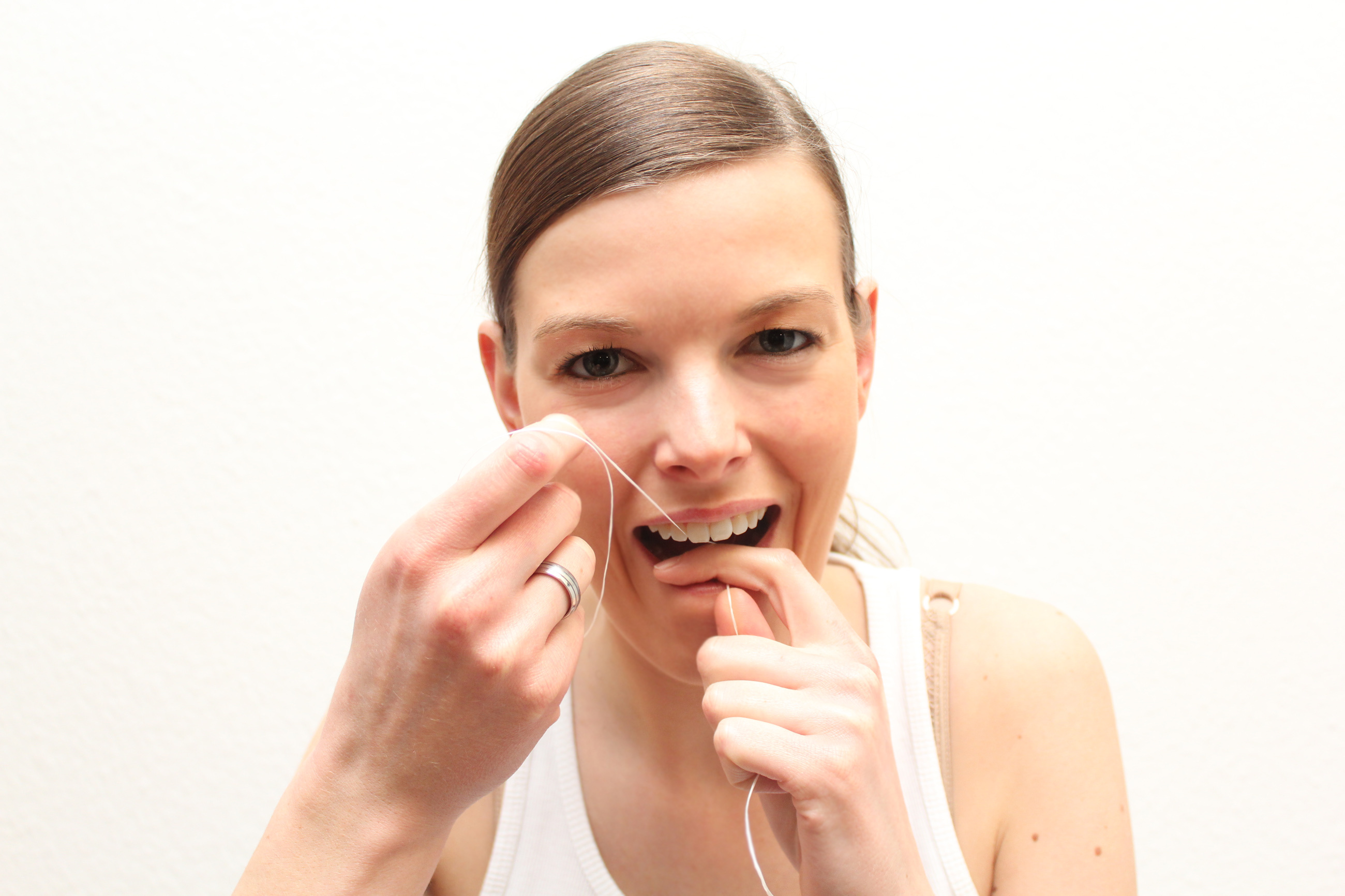 Flossing properly requires some practice to ensure every tooth is cleaned. Flossing allows fluoride to permeate in between the teeth.
Flossing properly requires some practice to ensure every tooth is cleaned. Flossing allows fluoride to permeate in between the teeth.
Key takeaways:
– Always use a piece of dental floss that is 18 inches long wrapped around a finger on each hand.
– The floss is then rubbed between teeth by moving it back and forth.
– The floss should be pressed firmly against each tooth making sure to slide it up and down against all sides of the tooth before proceeding to the next.
Carefully shape the floss into a C at the gum line, and slide it between the gum and tooth.
Read the full story here
Posted by adwords on 13th January 2017, under Oral Hygiene and Prevention
Natural Regrowth of Teeth Dentine Is Possible
 Research has found a method that initiates the natural dental repair process. Patients can now have their teeth in good health even if they have large cavities.
Research has found a method that initiates the natural dental repair process. Patients can now have their teeth in good health even if they have large cavities.
Key takeaways:
– The researchers have found that a drug used to treat Alzheimer’s is able to stimulate the tooth to generate new dentine.
– The drug works by stimulating the growth of stem cells already in the pulp to grow into new dentine.
– The simplicity of the treatment and the drug having been tested for Alzheimer’s makes it ideal clinical treatment for large cavities.
The novel, biological approach could see teeth use their natural ability to repair large cavities rather than using cements or fillings, which are prone to infections and often need replacing a number of times.
Read the full story here
http://www.independent.co.uk/news/science/d
Posted by adwords on 11th January 2017, under Oral Hygiene and Prevention
Alcohol May Stain Teeth and Cause Enamel Erosion
 Alcoholic beverages such as red wine can cause teeth staining. Getting regular dental cleaning can help prevent the teeth staining.
Alcoholic beverages such as red wine can cause teeth staining. Getting regular dental cleaning can help prevent the teeth staining.
Key takeaways:
– White wine sipped over a long period will affect the pH in the mouth and lead to enamel erosion due to its acidity.
– High alcohol drinks such as vodka and whiskey dry up the mouth by reducing the production of saliva leading to bad breath and bacteria growth.
– You should sip water as you consume alcohol to wash away the alcohol from the teeth and the mouth.
Red wine is rough on your teeth. “On top of being acidic, it also has chromogens — dark pigments,” explains Dr. Banker. “Plus, it contains tannins, an astringent from the peel of the grape that has a binding effect.”
Read the full story here
http://www.goodhousekeeping.com/health/a32961/alcohol-effects-teeth/
Posted by adwords on 9th January 2017, under Oral Hygiene and Prevention
Eliminate Any Bad Teeth Habits You May Have
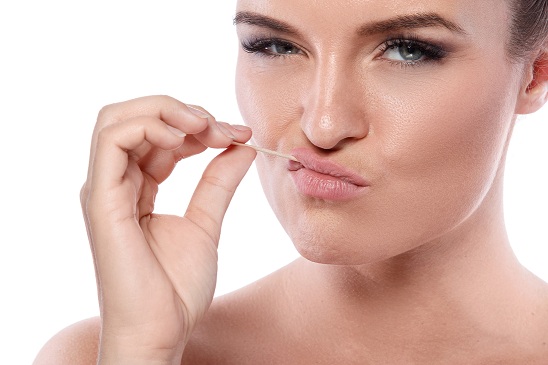 You must make deliberate steps to ensure that you maintain good oral health. Establish a plan to end habits that are detrimental to your teeth.
You must make deliberate steps to ensure that you maintain good oral health. Establish a plan to end habits that are detrimental to your teeth.
Key takeaways:
– Get help breaking bad habits like teeth clenching and teeth grinding.
– Stop biting nails and using teeth to open bottles
– Brush your teeth for at least two minutes twice every day.
Dentists say another habit to break for both your dental health as well as your overall health is to stop snacking all day long, especially on sugary foods and drinks. Dentists say it can increase the chances of cavities.
Read the full story here
http://miami.cbslocal.com/2017/01/02/why-breaking-bad-teeth-habits-should-be-your-resolution/
Posted by adwords on 9th January 2017, under Oral Hygiene and Prevention
You Can Minimize the Effects of Jaw Clenching or Bruxism
 Did you know that being a competitive person may lead to jaw clenching and teeth grinding? Some people may not be aware of the teeth grinding problem.
Did you know that being a competitive person may lead to jaw clenching and teeth grinding? Some people may not be aware of the teeth grinding problem.
Key takeaways:
– Bruxism originates from the central nervous system and can be triggered by stress, anxiety, alcohol consumption, smoking, and medications.
– Symptoms include worn tooth enamel, chipped or fractured teeth, earaches, headaches and tooth sensitivity.
– Your dentist will help to reduce the effects of grinding or clenching and minimize the symptoms.
Dental fabricated nightguards are designed to provide a stable bite that does not interfere with a healthy, comfortable jaw closure. Adjustment of the device by a dentist can help reduce contraction of jaw muscles during bruxism, which may minimize jaw joint stress and protect tooth enamel.
Read the full story here
https://health.clevelandclinic.org/2016/12/waking-up-with-a-sore-jaw-you-may-grind-your-teeth-at-night/
Posted by adwords on 8th January 2017, under Oral Hygiene and Prevention
Observing Oral Health Will Help Prevent Cracks on Teeth
Fillings may help to prevent tooth cavities but they weaken the structure of teeth making them susceptible to cracks and fractures. Preventing tooth decay may therefore minimize the risk of cracked teeth.
Key takeaways:
– Small cracks can become large cracks within no time meaning that you should seek dental treatment at the earliest possible moment.
– Early diagnosis and treatment of cracked teeth will prevent spreading of the crack and adverse outcomes.
– People can cut the risk of cracked teeth by avoiding chewing on hard things, clenching or grinding, and wearing a mouth guard when playing sport.
One major contributor to the observed uptick in cracked teeth cases is the increasing lifespan of the American population, which according to numbers from the Centers for Disease Control and Prevention, has reached 78.8 years.
Read the full story here
Posted by adwords on 6th January 2017, under Oral Hygiene and Prevention
Preventing Problems Linked To Grills
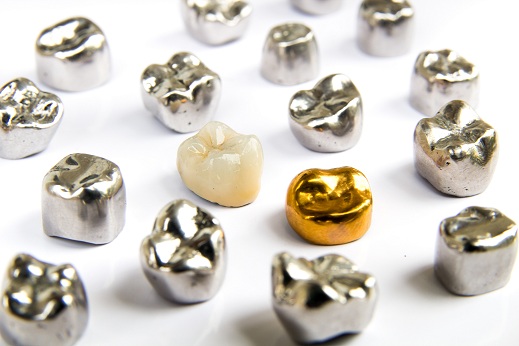 It is important that you first consult your dentist before getting yourself a set of grills. The dentist is best placed to recommend the type of material to choose.
It is important that you first consult your dentist before getting yourself a set of grills. The dentist is best placed to recommend the type of material to choose.
Key takeaways:
– Grills made from non-precious metal may cause irritation and allergy.
– People who wear grills should observe good oral healthcare since food particles may stick between teeth and the grills.
– To prevent dental problems, you should limit the frequency and duration of wearing your grills.
Food and other debris may become trapped between the teeth and the grill allowing bacteria to collect and produce acids. The acids can cause tooth decay and harm gum tissue.
Read the full story here
http://www.mouthhealthy.org/en/az-topics/g/grills
Posted by adwords on 5th January 2017, under Oral Hygiene and Prevention
What Is The Ideal Time To Floss Your Teeth?
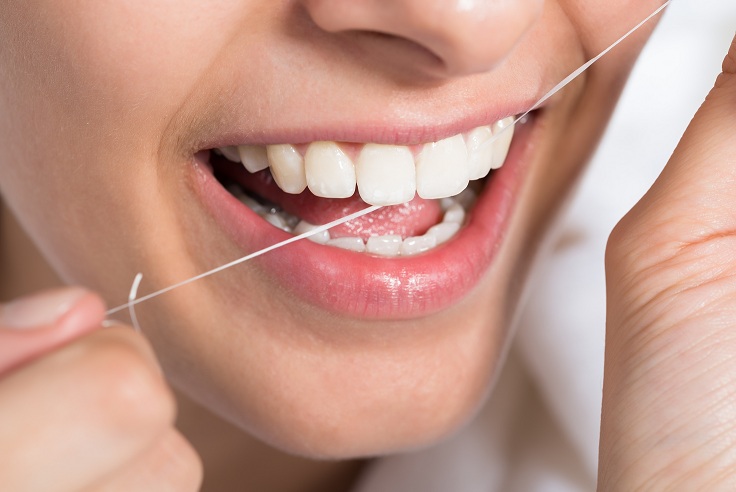 Disrupting the bacteria between the teeth is quite important. Make sure that you floss your teeth at least once every day.
Disrupting the bacteria between the teeth is quite important. Make sure that you floss your teeth at least once every day.
Key takeaways:
– Practicing good oral hygiene is of utmost importance in keeping your teeth in good health.
– Flossing before brushing is recommended since it will ensure that people don’t forget this tedious task.
– Another school of thought recommends flossing AFTER brushing to make sure that fluoride gets into the spaces between the teeth.
The bacteria around the teeth organize themselves as colonies and [flossing] stirs them up. If we get in there and stir them up every 24 hours we render them less dangerous.
Read the full story here
http://www.womansday.com/health-fitness/wellness/a50762/floss-before-or-after-brushing/
Posted by adwords on 4th January 2017, under Oral Hygiene and Prevention
Parents Can Save Their Child’s Baby Teeth for Stem Cells
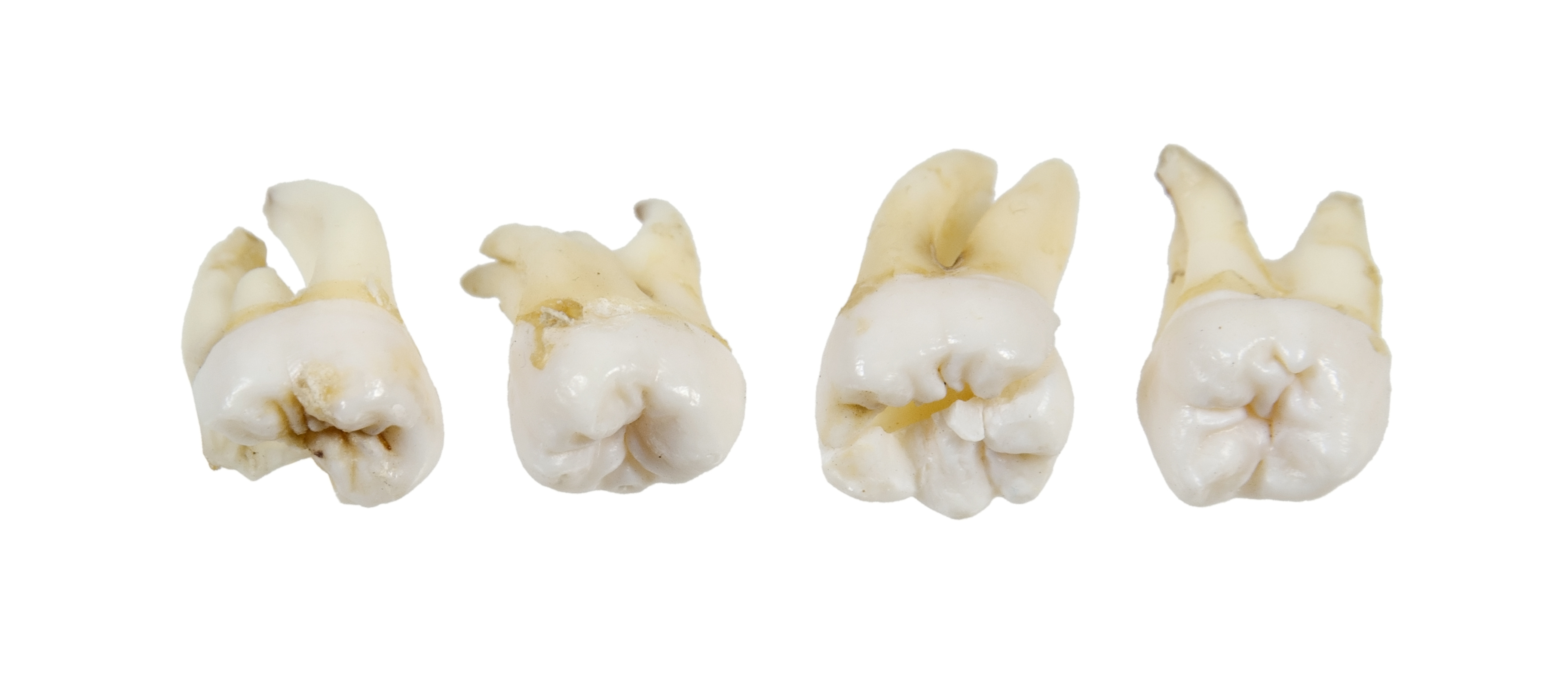 Your child could be desperately in need for stem cells in the future. Rather than wait for a bone marrow donor, you can ensure that their baby teeth are preserved to provide the much-needed cells.
Your child could be desperately in need for stem cells in the future. Rather than wait for a bone marrow donor, you can ensure that their baby teeth are preserved to provide the much-needed cells.
Key takeaways:
– Baby teeth have valuable and powerful stem cells that transform into any type of cell in the body.
– Having baby teeth stored in a tooth bank eliminates the need to wait for a bone marrow donor and increases the likelihood of acceptance of the tooth derived stem cells.
– There are a number of services that your dentist can recommend to cryopreserve stem cell from baby teeth at a fee.
As stem cells age, they become less powerful. If your child needs stem cells as an adult, the teeth that currently live in their mouth will no longer be very useful.
Read the full story here
https://www.davidwolfe.com/doctors-urge-parents-save-kids-baby-teeth/
Posted by adwords on 3rd January 2017, under Oral Hygiene and Prevention
Brushing Teeth Will Irritate Gums for People with Gingivitis
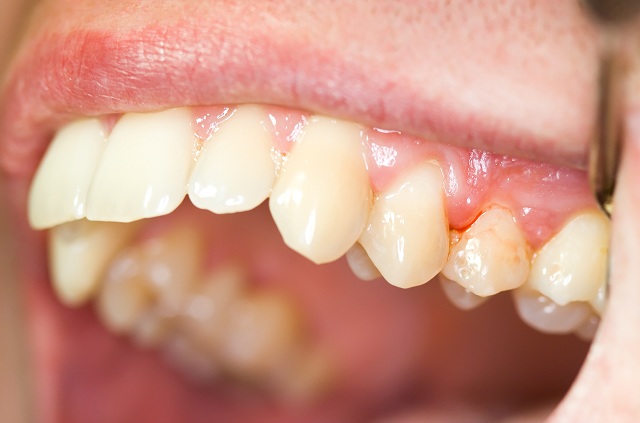 Bleeding gums are a sign of gingivitis that may cause cavities and tooth loss. Gingivitis may also lead to adverse health outcomes such as heart disease.
Bleeding gums are a sign of gingivitis that may cause cavities and tooth loss. Gingivitis may also lead to adverse health outcomes such as heart disease.
Key takeaways:
– Plaque will cause inflammation and swelling around the gums the longer that it stays there. Gingivitis does not cause pain and may go unnoticed for a long time.
– Gum disease is linked to the increased risk of diabetes, heart disease and stroke.
– Good oral hygiene will help prevent gingivitis. Brush your teeth twice every day and floss your teeth to avoid plaque buildup.
Make an appointment with your dentist, too. Guys with bleeding gums or signs of cavities—toothache, pain when you eat hot or cold food, or pain when you bite down—should get a cleaning every three months.
Read the full story here
http://www.menshealth.com/health/what-bleeding-gums-mean
Posted by adwords on 2nd January 2017, under Oral Hygiene and Prevention
Sugar and Acid in Drinks Blamed for Tooth Erosion
 Brushing teeth immediately after having a meal will do further damage to tooth enamel. Acids in food will already have softened the enamel making it easy to be scratched off.
Brushing teeth immediately after having a meal will do further damage to tooth enamel. Acids in food will already have softened the enamel making it easy to be scratched off.
Key takeaways:
– Tooth erosion has been on the rise as people consume lots of acidic drinks. Acid corrodes tooth enamel making it thin and leads to sensitive and cracked teeth.
– Drinks such as soft drinks, fruit juices, sports drinks, and teas contain high amounts of acids.
– These drinks also contain high amounts of sugar that combine with plaque bacteria to produce acids that attack tooth enamel.
In soft drinks, especially in cola soft drinks, one of the main flavoring agents is phosphoric acid. That’s the acid we use in dentistry to roughen tooth enamel before applying a bonding agent. We use it like sandpaper.
Read the full story here
Posted by adwords on 1st January 2017, under Oral Hygiene and Prevention
Ways to Soothe Baby When Teething
 Some parents will give pain relieving medications to their babies to help reduce teething pain. Parents should instead opt for solutions that do not require use of drugs.
Some parents will give pain relieving medications to their babies to help reduce teething pain. Parents should instead opt for solutions that do not require use of drugs.
Key takeaways:
– The child is their best teacher in the regulation of pain and pressure. They will know when and how much pressure to apply to relieve their pain and discomfort.
– You should provide a plain but solid teething ring which allows the baby to apply pressure on their own.
– Try massaging baby’s gums with a clean finger or a cooled washcloth to provide some relief.
“It’s important to respond to your baby when it comes to coping with the pain,” he said in a university news release. “Your baby may want more pressure or less pressure, so it’ll take a lot of experimenting to see what works and which areas of the gums are most sensitive.”
Read the full story here
https://consumer.healthday.com/dental-and-oral-information-9/misc-dental-problem-news-174/teething-tips-from-dental-specialists-716985.html
Posted by adwords on 31st December 2016, under Oral Hygiene and Prevention
Learn More about Your Teeth
 There are four teeth that appear between the age of eighteen and twenty five years. The teeth are called the wisdom teeth — since it was believed you got them once you were wise and knowledgeable.
There are four teeth that appear between the age of eighteen and twenty five years. The teeth are called the wisdom teeth — since it was believed you got them once you were wise and knowledgeable.
Key takeaways:
– Teeth are arranged in a curved line along the top and bottom jaws in the mouth. The visible part is the crown whereas the root is found within the gum.
– A sticky coating of germs/bacteria forms on the teeth during the day. The creamy coating is referred to as plaque and is the cause of tooth decay.
– Brush your teeth the last thing at night and at least one other time during the day. You should use fluoride toothpaste that helps to keep tooth enamel strong.
Every time you eat or drink anything sugary your teeth are under attack from the plaque acids for up to one hour. This is because the sugar mixes with the bacteria in the plaque to produce the harmful plaque acids.
Read the full story here
https://www.dentalhealth.org/tell-me-about/topic/childrens-teeth/my-teeth
Posted by adwords on 30th December 2016, under Oral Hygiene and Prevention
10 Things You Didn’t Know About Your Teeth
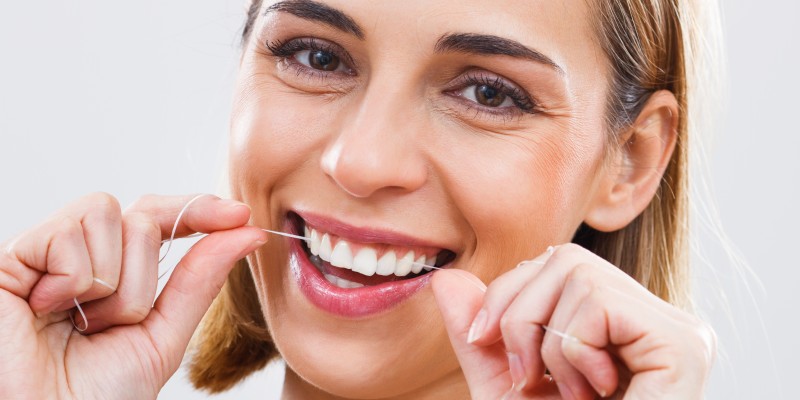 The use of toothpaste dates back to 500 BC with the ancient Greeks who used iron rust and coral powder to clean their teeth. They would chew on twigs and use them as toothbrushes.
The use of toothpaste dates back to 500 BC with the ancient Greeks who used iron rust and coral powder to clean their teeth. They would chew on twigs and use them as toothbrushes.
Key takeaways:
– Take great care of your dental health as it’s related to your overall health.
– A third of the tooth is found beneath the gums. The gums should be thoroughly cleaned to avoid dental problems.
– Tooth decay may be responsible for the yellow color of tooth enamel. The yellow shade is not only caused by coffee and other foods.
Plaque contains millions of bacteria, made up of 200 to 300 different species. The main culprit for poor tooth health is Streptococcus mutans, which converts sugar and other carbohydrates into the acids which eat away at your teeth.
Read the full story here
http://www.healthline.com/health/dental-and-oral-health/things-you-didnt-know-about-your-teeth#1
Posted by adwords on 29th December 2016, under Oral Hygiene and Prevention
6 Naturals Ways of Countering Bad Breath
 Smoking and failure to regularly brush teeth are common causes of bad breath. Here are a few tips that are going to ensure you have fresh breath.
Smoking and failure to regularly brush teeth are common causes of bad breath. Here are a few tips that are going to ensure you have fresh breath.
Key takeaways:
– Consume 8 to 10 glasses of water every day to help the flow of saliva and to keep mouth and tongue moist.
– Crunchy, high water content vegetables and fruits – such as cucumber and watermelon – are effective in dislodging bacteria from teeth.
– Smoking is bad for your breath. It will turn the lips grey and pale, and the buildup of nicotine and tar will cause bad breath.
Cut out the coffee. To beat the smell, have water or a slice of fruit to neutralize the bad odor.
Read the full story here
http://www.indiatimes.com/health/healthyliving/6-easy-ways-to-get-rid-of-bad-breath-naturally-250794.html
Posted by adwords on 23rd December 2016, under Oral Hygiene and Prevention
15 Dental Conditions and Diseases
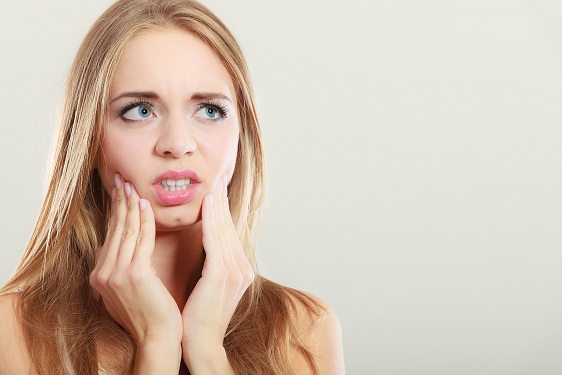 Gum disease characterized by tender and bleeding gums is common. Gum disease is caused by the accumulation of plaque along the gum line.
Gum disease characterized by tender and bleeding gums is common. Gum disease is caused by the accumulation of plaque along the gum line.
Key takeaways:
- Plaque buildup on the teeth destroys tooth enamel leading to cavities. Cavities can be prevented by brushing with fluoride toothpaste.
- Stained teeth are a big cosmetic concern for many people. Smoking, foods, trauma and medication can all cause teeth staining.
- Hyperdontia refers to the presence of too many teeth in the mouth. The problem can be treated by removing the extra teeth.
Bruxism can give you headaches, a sore jaw, and cracked or loose teeth. If you grind your teeth at night, ask your dentist to fit you with a mouth guard. If it’s a daytime problem, try meditation, exercise, or other ways to curb stress.
Read the full story here
http://www.webmd.com/oral-health/ss/slideshow-tooth-problems
Posted by adwords on 22nd December 2016, under Oral Hygiene and Prevention
The Dog That Cuddles and Calms down Children Visiting the Dentist
 The dog’s job at the dentistry clinic is to comfort children that ate suffering with anxiety. Not many children will fancy having to take a seat on the dentist’s chair.
The dog’s job at the dentistry clinic is to comfort children that ate suffering with anxiety. Not many children will fancy having to take a seat on the dentist’s chair.
Key takeaways:
- Jojo works as a comfort dog that has been helping out at a dentistry clinic.
- Jojo’s work is to cuddle and comfort nervous children who anxious of getting dental treatments.
- Jojo has been in high demand to offer the services even though the dog has limited time to spend at the clinic.
Her ability to sense a child’s nervousness and anxiety is what astounds parents. She puts her head on their lap and offers a paw to hold on to.
Read the full story here
Posted by adwords on 21st December 2016, under Oral Hygiene and Prevention

